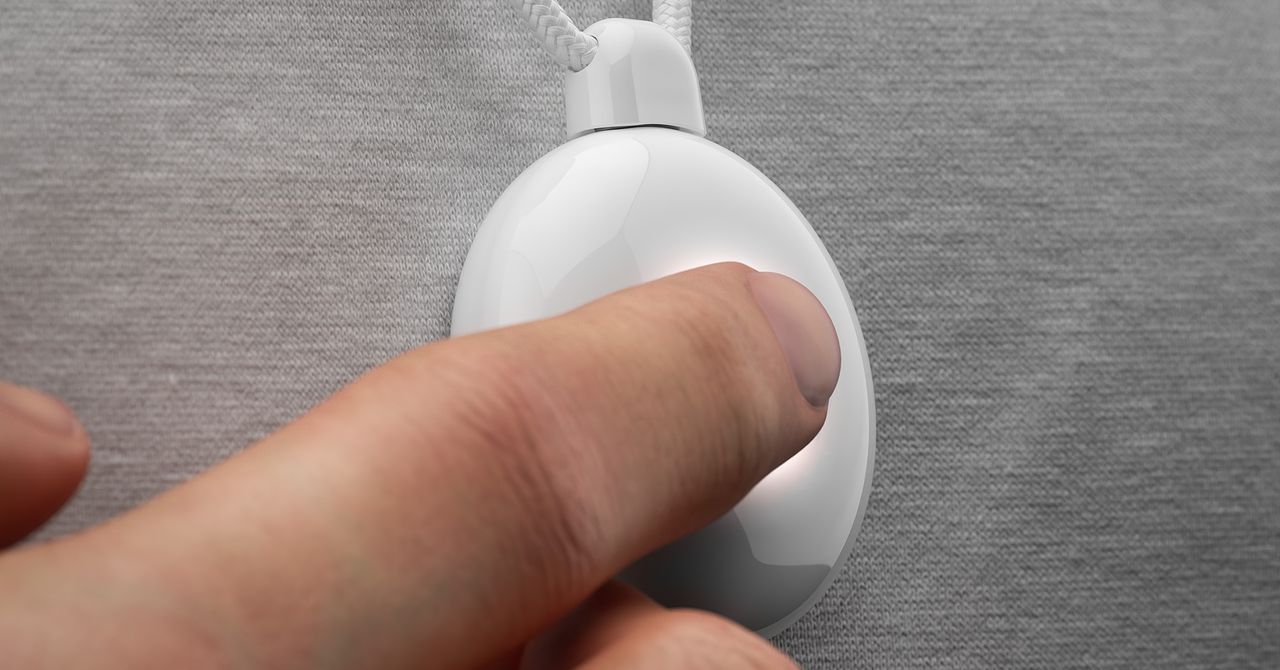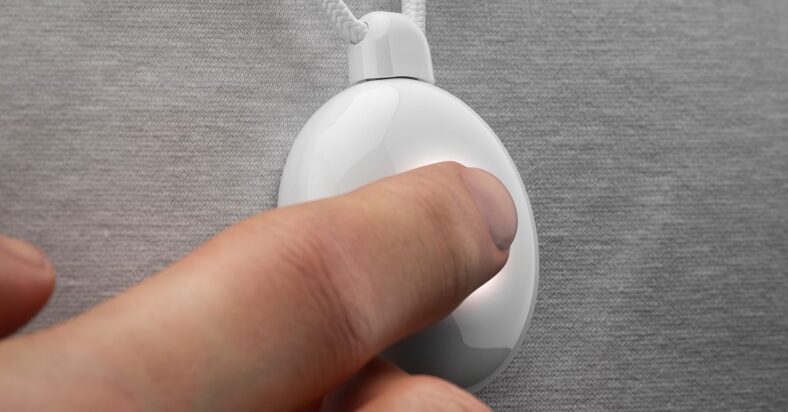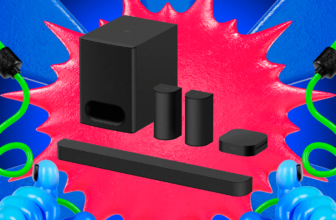

Schiffmann seems to be doing well, compared to the last times either of us spoke to him. When he first announced the Friend, he talked about how he had come up with the idea for an AI buddy while traveling alone and yearning for companionship. Schiffmann posits himself as older now, wiser, more experienced than he was when he first debuted the Friend necklace. (He is 22.) He has grown out his hair and cultivated a beard, and he seems to have more real-life personal connections than when he first created the idea for Friend. In our meeting, he asked us not to unbox the devices in front of him because he is in love with someone and wants the first time he witnesses a Friend unboxing to be with her.
Schiffmann says the Friend’s personality reflects a worldview close to his own; that of a man in his early twenties. But Schiffmann can be brash, snarky, and vocally unconcerned about critical feedback, and it seems like that attitude has carried over to the device he has infused with his essence. In this era of cloyingly obsequious chatbots, it could seem refreshing to interact with an AI companion that isn’t unfailingly sycophantic. But the Friend often goes hard in the other direction. Its tone comes off as opinionated, judgy, and downright condescending at times.
We tested our two Friend pendants over the course of a couple of weeks, carrying them along with us as we went about our days separately, talking to them and getting to know how they work. While we had very different experiences, we both came away with the gut feeling that our new Friends were real bummers.
Kylie’s Experience
As I opened the Friend’s box, it brought me back to the time I cracked open my first iPod. That was by design, according to Schiffmann, who patterned the packaging after Apple’s audio player and Microsoft’s Zune, with liner notes inspired by the Radiohead album Pablo Honey. Within its white box, the Friend pendant glowed under a piece of parchment paper. It was nearly dead on arrival, and I had to charge it before I could use it. Our first interaction was a chime alerting me to its low battery.
I couldn’t find satisfactory environments to test the always-listening Friend; the concerns about digital eavesdropping made it too much of a gamble. I couldn’t take it to meetings with my editors, and it felt uncomfortable to ask comms folks if I could bring it to a coffee chat. God forbid I use it in a call with a source.
According to Friend’s privacy disclosure, the startup “does not sell data to third parties to perform marketing or profiling.” It may however use that data for research, personalization, or “to comply with legal obligations, including those under the GDPR, CCPA, and any other relevant privacy laws.” In other words, there’s a whole litany of ways the private conversations I have with people could make their way out into the ether.





